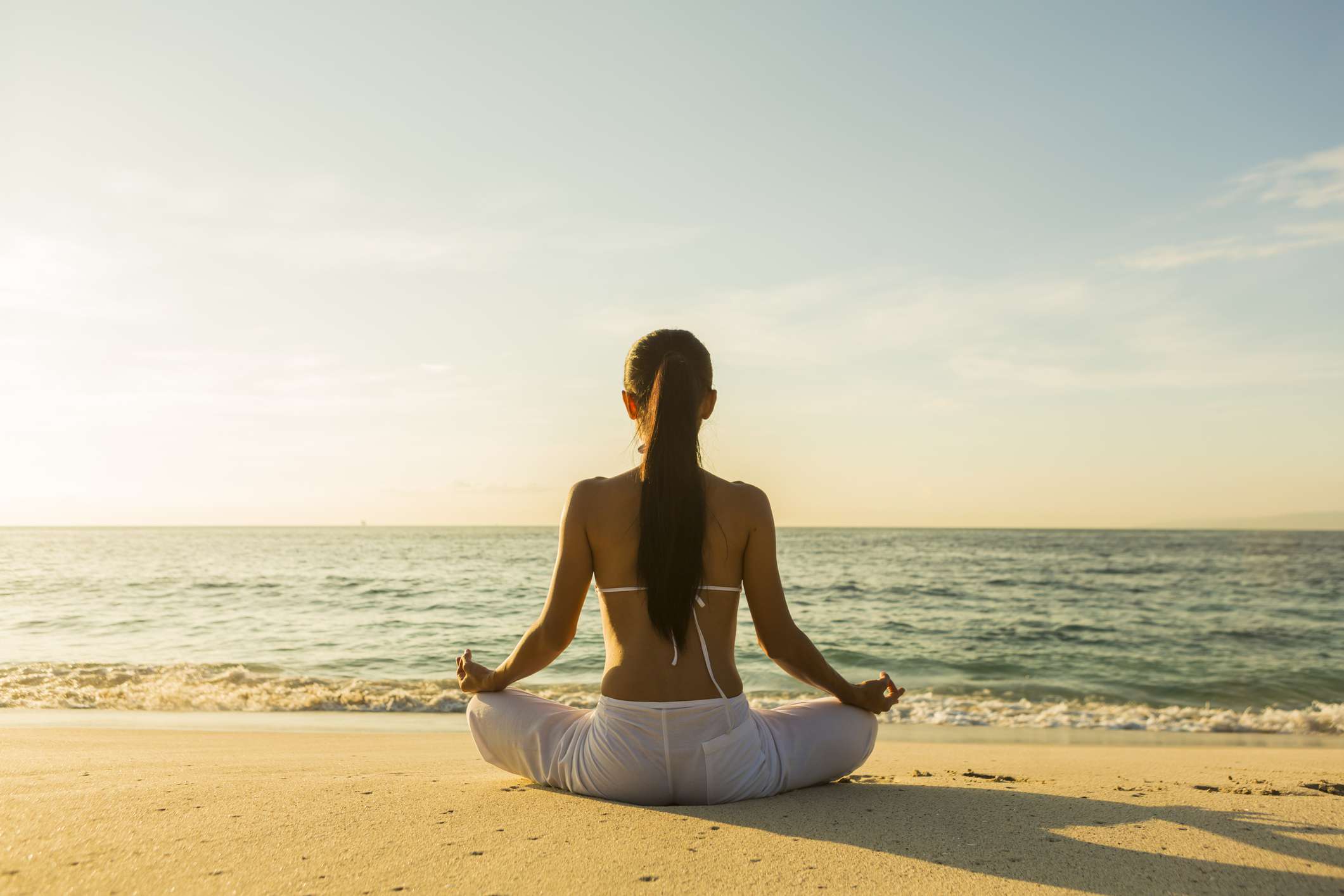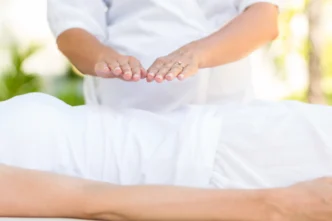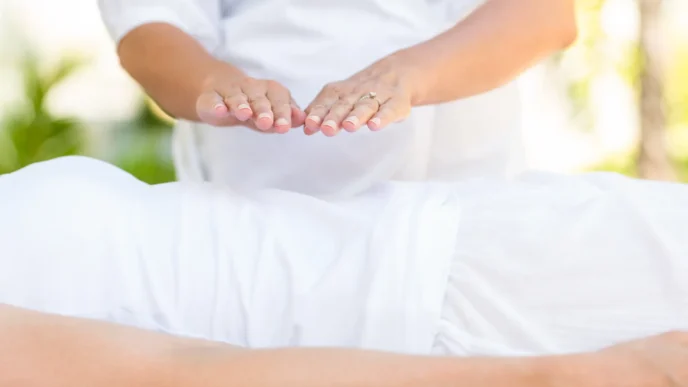Meditation and mindfulness are powerful practices that promote mental clarity, emotional balance, and overall well-being. Rooted in ancient traditions, these techniques have gained widespread recognition for their ability to reduce stress, improve focus, and enhance quality of life. Whether you’re a beginner or looking to deepen your practice, here’s an in-depth guide to meditation and mindfulness, their benefits, and how to incorporate them into daily life.
What is Meditation?
Meditation is the practice of focusing the mind to achieve a state of relaxation, awareness, or spiritual connection. It involves techniques like controlled breathing, visualization, or repetition of a mantra to quiet the mind and foster a sense of inner peace.
What is Mindfulness?
Mindfulness is the act of being fully present and engaged in the current moment without judgment. It involves paying attention to thoughts, emotions, and sensations as they arise, helping to cultivate self-awareness and acceptance.
The Connection Between Meditation and Mindfulness
While meditation often involves dedicated periods of practice, mindfulness can be integrated into everyday activities, such as eating, walking, or even working. Together, they create a synergy that supports mental and emotional well-being.
Benefits of Meditation and Mindfulness
- Reduces Stress:
- Lowers cortisol levels and helps manage stress effectively.
- Example: Regular meditation can improve resilience during high-pressure situations.
- Enhances Focus and Concentration:
- Improves attention span and cognitive function.
- Example: Mindfulness exercises increase productivity and reduce distractions.
- Boosts Emotional Health:
- Promotes emotional regulation, reducing symptoms of anxiety and depression.
- Example: Loving-kindness meditation fosters feelings of compassion and gratitude.
- Improves Physical Health:
- Lowers blood pressure, enhances immune function, and reduces chronic pain.
- Example: Mindful breathing can ease tension and improve sleep quality.
- Increases Self-Awareness:
- Encourages introspection and personal growth.
- Example: Observing thoughts during meditation helps identify negative patterns.
- Fosters Better Relationships:
- Enhances empathy, communication, and emotional connection.
- Example: Practicing mindfulness during conversations improves active listening.
Common Types of Meditation
- Mindfulness Meditation:
- Focuses on present-moment awareness, often starting with breath observation.
- Popular for reducing stress and increasing focus.
- Guided Meditation:
- Involves listening to a guide or audio that leads you through visualization or relaxation exercises.
- Great for beginners or those with specific goals like stress relief.
- Transcendental Meditation:
- Uses a mantra or repeated word to transcend ordinary thought processes.
- Ideal for achieving deep relaxation.
- Loving-Kindness Meditation:
- Focuses on cultivating compassion and goodwill toward oneself and others.
- Perfect for improving emotional health.
- Body Scan Meditation:
- Involves mentally scanning the body for tension or discomfort.
- Effective for relaxation and pain management.
- Movement Meditation:
- Combines meditation with physical movement, such as yoga, tai chi, or mindful walking.
- Suitable for those who prefer active forms of mindfulness.
How to Practice Mindfulness
- Mindful Breathing:
- Focus on your breath, observing each inhale and exhale without judgment.
- Mindful Eating:
- Pay attention to the flavors, textures, and sensations of your food, eating slowly and without distractions.
- Mindful Walking:
- Concentrate on the rhythm of your steps and the sensations of your surroundings.
- Mindful Observation:
- Choose an object, like a flower or a candle flame, and observe it with full attention.
- Mindful Journaling:
- Reflect on your thoughts and emotions by writing them down, fostering self-awareness.
How to Get Started with Meditation
- Create a Quiet Space:
- Find a comfortable, distraction-free environment.
- Start Small:
- Begin with just 5–10 minutes a day, gradually increasing the duration as you feel comfortable.
- Use Guided Resources:
- Apps like Headspace, Calm, and Insight Timer offer beginner-friendly meditations.
- Focus on the Breath:
- Use your breath as an anchor to return to whenever your mind wanders.
- Be Patient:
- Meditation is a skill that improves with practice. It’s normal for your mind to wander initially.
Incorporating Meditation and Mindfulness into Daily Life
- Morning Routine:
- Begin your day with 5 minutes of mindfulness to set a positive tone.
- Mindful Breaks:
- Pause during the day to focus on your breath or stretch mindfully.
- Mindful Work:
- Approach tasks with full attention, avoiding multitasking.
- Evening Wind-Down:
- Use meditation or mindfulness exercises to relax before bed.
- Gratitude Practice:
- Reflect on things you’re grateful for at the end of the day.
Challenges and How to Overcome Them
- Restlessness:
- It’s normal to feel restless or distracted. Gently redirect your focus without judgment.
- Time Constraints:
- Start with short sessions or integrate mindfulness into daily tasks.
- Expectations:
- Avoid seeking instant results. Focus on the process rather than the outcome.
- Consistency:
- Set a regular schedule and treat your practice as a priority.
Scientific Backing
Studies have shown that regular meditation and mindfulness practices:
- Reduce symptoms of anxiety, depression, and PTSD.
- Improve memory, focus, and problem-solving skills.
- Enhance brain plasticity and emotional regulation.
Meditation and mindfulness are transformative practices that offer profound benefits for mental, emotional, and physical health. By fostering awareness and inner peace, these techniques empower individuals to navigate life’s challenges with greater ease and resilience. Whether practiced for a few minutes a day or integrated into a larger wellness routine, meditation and mindfulness can unlock a path to a calmer, more centered self.
Are you ready to embrace the power of mindfulness and meditation in your daily life?
Topics: Emotional Wellness Holistic Health Meditation Mental Clarity Mindfulness Self-Awareness Stress Relief













